I’m really proud to be on the board of advisers for TEDxUSC, the site of the first TEDx in the world (there have been about 4,000 of them since). Videos from this year’s event are just starting to trickle out: Doug Thomas, a colleague of mine from the USC Annenberg School, gave a stand-out talk about the ways in which the academy can quash creativity in the classroom and fail to tap into the passionate interests of the students.
His talk resonated for me because of my involvement in a broad, university-wide initiative at USC to promote Creativity & Collaboration in the Academy. It’s easy to claim that we want to be innovative and to think out of the box, but interdisciplinary work is incredibly hard in institutions defined by disciplinary boundaries, and working in groups to solve complex problems can be more time-consuming and frustrating than working quietly on your own on a topic that safely falls within your realm of expertise. Students who are trained to memorize information by educators who teach to the test aren’t exactly being prepared for the messy world outside the academy, where most jobs require teamwork of some kind, and the problems that need to be solved don’t fit conveniently in any single knowledge silo.
Pro-skateboarder and entrepreneur Rodney Mullen gave a wonderfully humble talk that clearly addressed this year’s theme: spheres of influence. He compared the skateboarder community to software hackers: both groups regard themselves as outsiders, often operating on the fringes of the law (Rodney mentioned what a trip it was to be in a building on USC’s campus — he was always outside, or being escorted off). Their creativity and their drive to innovate are driven primarily by their commitment to a fiercely loyal (and competitive) peer group that feeds off each other’s exploits. Group members are relentless in their effort to make their mark, to be even more daring than the last daredevil. Although it may seem like a battle of egos, both communities have an underlying open-source sensibility, where sharing knowledge is essential to membership in the group and the possibility of innovating within it.
Without question, the most galvanizing performer this year was the ridiculously talented Reggie Watts. A musician, singer and stand-up comic, Watts never sings the same song or uses a set routine. His clever, poetic riffs on the talks and the theme of the event, which I can’t even imagine paraphrasing, helped knit together the entire event for me. And while I’m a huge fan of the carefully choreographed TED talk, it was a welcome relief to be wowed by the free-flowing freshness of a skilled improviser. It made me wonder how all of us might find a better way to balance the two in our own lives and work: as a teacher, for instance, how can you respond to the vagaries of interest and desire in a classroom, and still communicate, in a precise way, the essential methodologies and hard-earned knowledge that are worth transmitting across generations? How do you make en ejxperience fun and substantial? We should all try to get better at it.




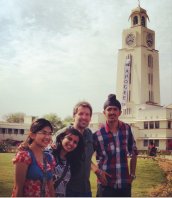



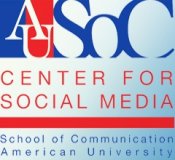

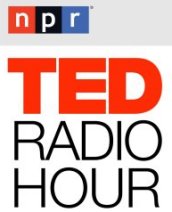
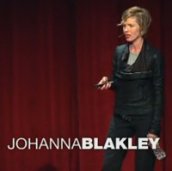


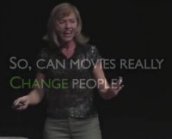
Reggie Watts rules! (and so does improvisation) thx for the post
I was thinking about your work when I wrote this . . . of course!! Thanks for taking a look . . .